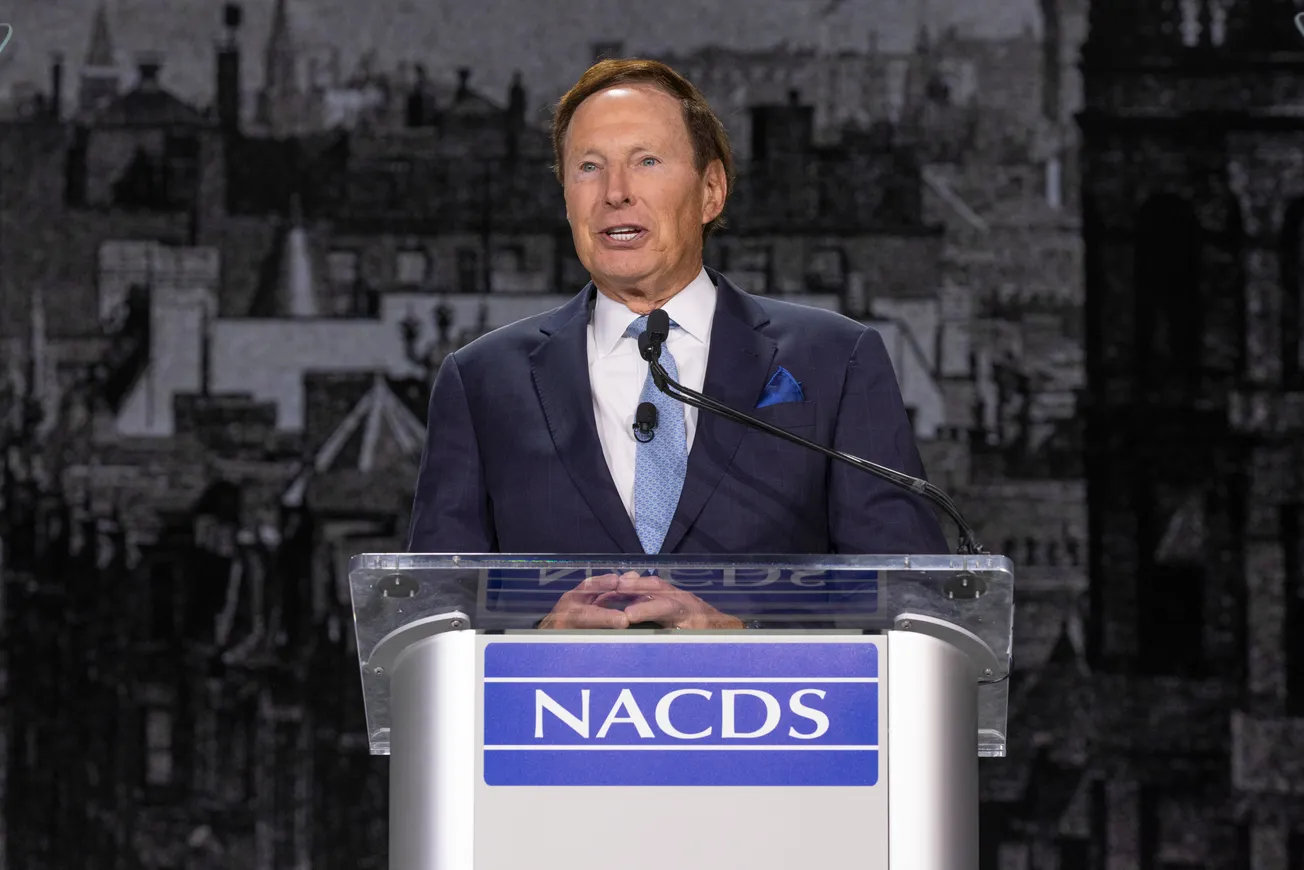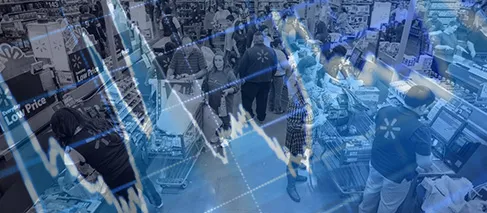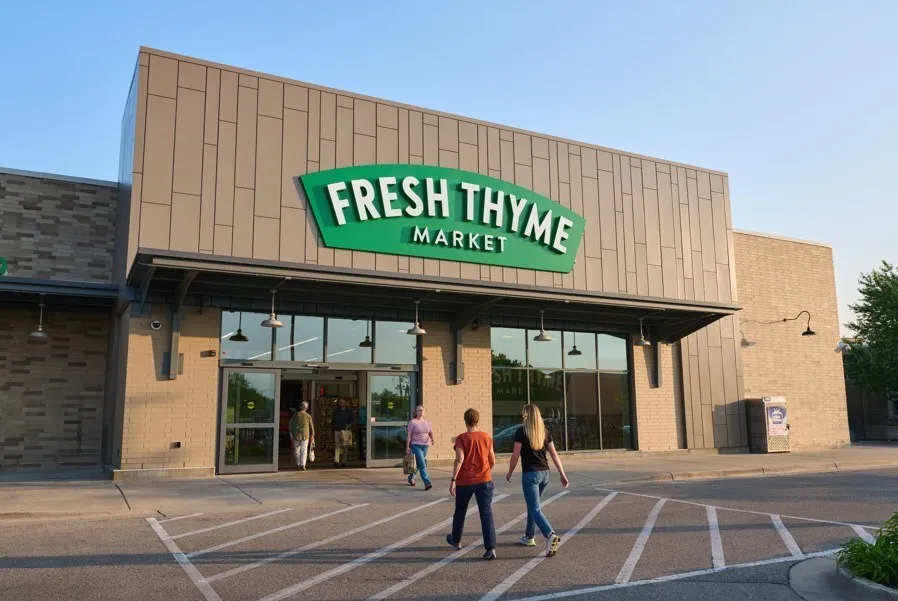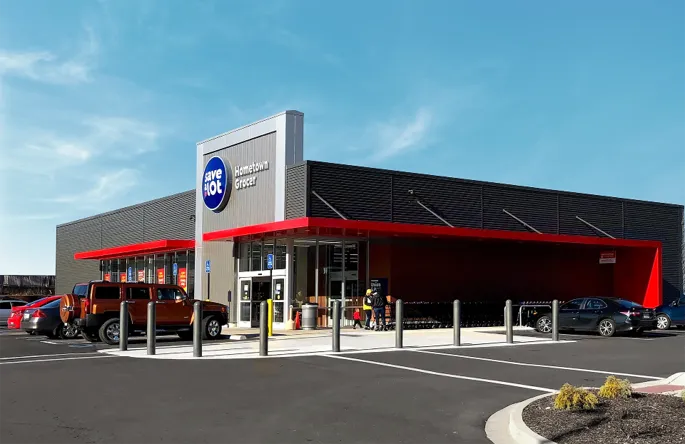ARLINGTON, Va. — On the eve of the first in-person National Association of Chain Drug Stores Annual Meeting in three years, Geoff Walden, executive editor of MMR‘s sister publication Chain Drug Review, spoke with NACDS president and CEO Steve Anderson about his expectations for the event. Anderson also talked about the most pressing issues facing NACDS and the chain drug industry.

Steve Anderson
WALDEN: How excited are you about Annual, and to what extent was the in-person Regional Chain Conference a prelude for what to expect?
ANDERSON: Regional went really well. We also had an immersion program last October in Cincinnati that our chair Colleen Lindholz hosted. So we’ve been at this a while. Lessons learned, and we’re ready to go.
WALDEN: So will Annual be operated at full scale?
ANDERSON: Absolutely. What has been the great thing about this meeting is that it provided such value to our members, no matter where they were in the channel, before the pandemic. It’s a meeting that people are really excited to get back to. It really defines the culture of NACDS because so much work gets done at Annual, as well as our other meetings. And people are really eager to get back to getting business done.
The interesting thing, at least from my perspective, is that our members were responsible for opening the economy and the entire United States society. Personal travel has been back for quite a while, but domestic business travel is really becoming much stronger. So we are in a good position to put on a really, really good meeting. So we’re very excited about it. The vibe is really good going into it and I’m sure it’s going to be really strong when we’re there.
WALDEN: I would think the same is true for Total Store Expo coming up in August in Boston.
ANDERSON: Right, and that meeting includes an exhibit hall, for which sales are going very well. We’re going to be in great shape for that meeting. It’s just an extension of what we do at the NACDS Annual Meeting, and it supplements it and augments it really well. So we’re going to be in good shape in Boston and Boston is always a good draw for the NACDS Total Store Expo.
WALDEN: Looking ahead, do you expect NACDS meetings to be back to business as usual – as in prepandemic?
ANDERSON: Yes, there’s no doubt about that. And to your earlier point, the NACDS Annual Meeting is going to be bigger and better than ever, which is saying a lot because it’s been such a fantastic meeting. But our members have high expectations, so we’ve created an environment where they can do an incredible amount of work. And I think we’ll exceed those expectations this year, being it’s our first Annual Meeting since 2019.
WALDEN: But at least for this year, nothing will look dramatically different?
ANDERSON: Well, it will look different because we’re all going to appreciate being together more. It’s funny how you take things for granted, and then you get something like this pandemic where we couldn’t meet for three years. So it’s going to be pretty amazing. I’ve been to a couple other industry meetings within the association community and people are so excited to get back together and I don’t think they’ll ever take that for granted again.
WALDEN: Turning to industry issues, how can pharmacists maintain the elevated stature they achieved amid COVID?
ANDERSON: That’s really important and we’ve been working really hard on this. Obviously we’ve been working hard for the last two years during the pandemic where we could showcase what pharmacies can do – not just the value they bring – but the values that they bring, because they were literally saving lives. That was duly noted by, obviously the American people, and also by government officials and other people within industry and they‘re using our talking points. Interestingly enough, President Biden has been using them: that there is a pharmacy within five miles of 90% of Americans. And as we speak, two out of every three COVID vaccinations are provided at a pharmacy. And, 40% of those vaccines at the pharmacy are for minority groups. And more than 46% of five- to 11-year-olds are getting their COVID vaccinations in a pharmacy. So government officials and the American people are seeing that.
We also do a lot of polling here at NACDS, and we have a spectacular, nationally recognized firm called Morning Consult. And we recently had some survey work that came back that said about seven in 10 American adults rated pharmacies’ response to the pandemic as excellent or good. And that jumps to about eight in 10 among those that got their COVID shot at the pharmacy. So I think that we’ve got a great story to tell, and we are working really hard on some legislative and regulatory initiatives to make sure that the power and the opportunity that we had to provide these services will be made more permanent after the emergency is officially ended.
WALDEN: To that end, which bills should be prioritized?
ANDERSON: They’re all important, but we’re working on assuring that the pharmacy authorities made possible during the pandemic under the Public Readiness and Emergency Preparedness [PREP] Act, remain in place, at least through 2024, even when the public health emergency ends.
Second, we’re working on federal legislation to establish reliable payment pathways for pandemic services that are provided by pharmacy teams.
We also work very actively with state governments. We’re working on expanding the pharmacy scope of practice at the state level to reflect the flexibility that was made possible under PREP.
And we’re focusing on broader health and wellness activities, and we’re continuing to work very aggressively on fair prescription reimbursement across the board to ensure pharmacy viability. The polling data shows that the American people think pharmacies have done a great job during the pandemic, but you can’t do a good job if you’re closed moving forward. Unfair reimbursement jeopardizes pharmacies’ viability and whether they can survive. That’s really a big issue that we’re working on.
WALDEN: Do the midterm elections have implications for these bills, and generally speaking what could be the consequences of the flip that everybody sees coming in Congress?
ANDERSON: We’re not in the crystal ball business, but, one thing that’s always been true of NACDS is that we’re very bipartisan in our support. If you look at our public policy issues, we’re working on this provider status bill, which is called the Equitable Community Access to Pharmacists Services Act, and it’s very bipartisan. And if the House and Senate flip, the committee and subcommittees where the work really gets done within Congress will have a different person of a different party as chair. But those people who come up through the seniority of the committees are people that have been in Congress for a long time, that we’ve worked very closely with. So they know our issues and now they’re in leadership positions that can help us. And even new people that get elected to Congress have served in state legislatures, and because we do a lot of work in the states, as I pointed out on scope of practice, they’re well known to us. They are well advised on the importance of pharmacy. The issues may be recast because they’re at the federal level and not the state level, but the overall halo and value that pharmacy brings the American people are well known by them. So we just shift gears pretty quickly, almost instantaneously.
One of the other things that we do is we have a very aggressive voter education and get out the vote campaign. We encourage our members to get involved in the congressional campaigns that we’re going to be having for both the House and the Senate – to go to Town Hall meetings the candidates might have and raise our issues. That’s very helpful to us, as well, after the election is over.
WALDEN: Back to NACDS, how well did the whole organization hold up over the past couple of years?
ANDERSON: We held up very well. Fortunately we went into the pandemic in the strongest financial position the association has ever been in. So we were well funded to continue everything we have done, which was very helpful. At the same time, our team worked very well when we were all working remotely. You can see that in the recognition we’ve gotten from other groups, including Chain Drug Review naming us its Retailer of the Year.
When I think of NACDS I think of our culture, and the culture of the staff has been terrific. It’s hard to have that culture when everybody’s working remotely. At the same time, you see the culture in our meetings and the value they have. The legendary management consultant Peter Drucker said that culture eats strategy for breakfast. He didn’t really mean that strategy is unimportant, but when you have a powerful and empowering culture it really is the surest route to organizational success, which is what we’ve had. And that culture is going to be on full display at the Annual Meeting. And that’s a testament to our members’ engagement. And when you have a strong culture it gives you a kind of transformational power where you can get a lot of things done. I see that both in terms of our staff and with our members at our meetings. So we’re in very good shape coming out of this.
WALDEN: Let’s turn to your work being chair of ASAE. How does that mesh with what’s going on at NACDS?
ANDERSON: Well, it dovetails very well. ASAE is the American Society of Association Executives. ASAE represents the association executives who work at the country’s 62,000 associations. We talk a lot about the role that associations play in our society for the good of our fellow citizens. No one, from my perspective, did a better job in terms of what an association and its members could do during the COVID-19 pandemic than NACDS and pharmacy. We re-opened the country and played a huge role in getting us back on our feet. That was on full display. So I communicate that the so-called bully pulpit I have with this chairmanship. Of course other associations did unbelievable things on behalf of other professions and their industries. I can’t think of one association or professional society that didn’t do something extraordinary. ASAE allows us to communicate that to lawmakers and regulators at the federal and state levels and the America people – much like NACDS with everything we do.
WALDEN: Lastly, is NACDS’ Arlington office back up and running at full capacity?
ANDERSON: We’re in a hybrid mode. We’re having two days in and three days out and we’ll be adjusting accordingly, but so far it’s great. It’s fun walking around and seeing people glad they’re back at work in-person. As I say, we’re in the people business and this is why we do what we do – because we get good feedback from our members and each other. We get good advice and we follow through on it. We really didn’t miss a beat during the pandemic. And we’re not going to miss a beat coming out of it.










